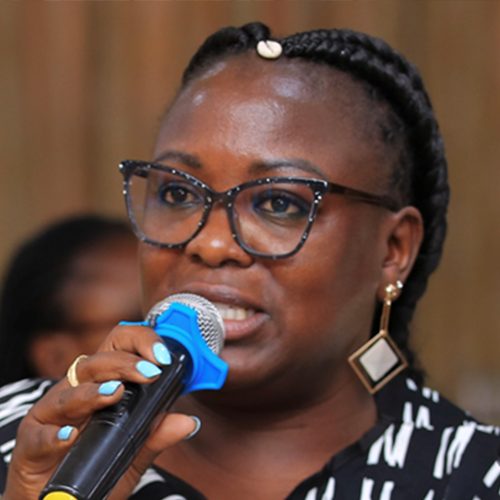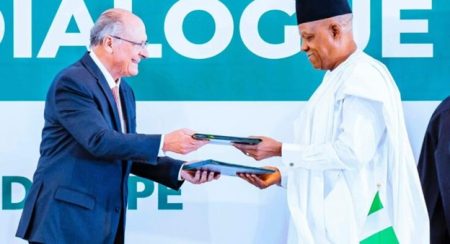
Mkpoikana Udoma
Port Harcourt — As Nigeria prepares to submit its third Nationally Determined Contributions, NDC, under the Paris Agreement, faith-based organizations have stepped up efforts to influence climate policies and drive grassroots action, in order to protect the environment.
At a high-level meeting in Port Harcourt, religious leaders from various faith committed to leveraging their influence to drive ambitious climate action in Nigeria, a country highly vulnerable to climate change impacts such as floods, desertification, food insecurity, and displacement.
Speaking at the meeting in Port Harcourt, GreenFaith Global Program Director, Meryne Warah, stressed the urgent need for faith leaders to leverage their moral authority in pushing for ambitious and just climate policies.
Warah further called for religious groups to hold policymakers accountable and push for ambitious and just climate policies that prioritize vulnerable communities.
“Nigeria is facing severe climate vulnerabilities—worsening poverty, displacement, and food insecurity. Faith leaders must rise to the challenge by educating their communities and holding policymakers accountable,” Warah stated.
She urged religious institutions to use sermons, faith media, and community engagements to deepen climate awareness and mobilize action.
Similarly, Dr. Pius Oko, Programme Manager for GreenFaith Africa, highlighted the crucial role faith communities play in disaster response, often providing shelter and aid to climate victims. He emphasized that religious leaders must be at the forefront of climate advocacy.
“Faith communities are often the first responders when disasters strike. When floods displace families, when droughts destroy farmlands, it is religious institutions that provide shelter, food, and comfort in mosques, churches, and community halls,” Oko noted.
He added that this moral obligation makes religious leaders natural champions of climate action.
“We cannot afford to be silent. Faith leaders must use their influence to advocate for policies that mitigate climate risks and support adaptation efforts, especially in frontline communities,” he stressed
The coalition’s meeting brought together religious leaders, policymakers, and climate advocates to strategize on how faith-based engagement can push Nigeria toward stronger climate commitments and sustainable development.



